This will be one of the hottest takes you'll read all year. And before spilling the tea, I'd like to proffer the following disclaimer:
I'm a DeFi power user and longtime holder of ETH. I still hold it and believe it outpaces Bitcoin until spring of 2022, around the time sharding is expected of the EVM's L1. But my thesis runs counter to the "Ethereum as global settlement layer" for anything that can be digitized, like bonds, art, insurance, identity... I'm not here to bash, to troll, or say anything in bad faith. And I'd love some constructive pushback on my opinions and a robust conversation on what I've gotten wrong. I'm not the Dunning-Kruger type and am open to learning. I'll try my best to make this palatable for newbs too, although it helps to have some EVM technical awareness. What follows is my unified theory of Bitcoin and the precarious limbo technological independence will put all other Layer 1 native currencies in.
<----------
Ethereum is becoming a rollup-centric network. Zk-rollups (zero knowledge rollups), are the king of rollups, and not long ago were considered science fiction for blockchain applications.
When Zk's establish full composability across L1's (this means they can settle on any blockchain, and with one another), their technological independence begs the question: Why are L1 native currencies necessary? Any why do they need high valuations like they do today?
ETH's transition to PoS should accelerate this demise, as it's untethered itself from the physical world.
A BRIEF WORD ON MONEY
Money has nothing to do with tx cost, TPS, or throughput. Those are all features of a blockchain.
Money doesn't have an associated liability. Currency on the other hand has an associated liability, which is debt, because governments issue debt to issue currency.
Energy (which has an associated debt), is the world's only currency. Energy is needed for a nation state to exist. It's needed for a standing military, for communication, for farming, transportation, entertainment...
Bitcoin leverages energy to secure property rights, and by doing so creates money, which doesn't have an associated liability. You cannot counterfeit energy and cannot counterfeit Bitcoin. This allows Bitcoin to resolve a paradox it shouldn't be able to, which is what makes it such a revolutionary new asset. The lines between currency, money, commodity, and store of value collapse into an inexplicable singularity. Bitcoin also incentivizes green energy and will dramatically improve grids (we're seeing evidence of this), it will shorten fossil fuel's lifespan and make green energy competitive, even when the prices of fossil fuels fall dramatically, or are manipulated downwards. This has always been a missing link, because up to the present time, the only way to incentivize green energy has been artificial via manipulation of tax laws: credits, deductions, or no import duties. So what Bitcoin can achieve here is quite frankly insane and something few understand about it, often reducing it to the mainstream talking point "PoW", a dirty word which casually assumes the tip of the iceberg is the whole iceberg. 38% of all Bitcoin mining is renewable energy, that's up form 10% only five years ago. At the current pace, 100% of mining will be renewable before the end of the decade. Then, we might see Bitcoin financing the ground breaking energy projects in our world. Mining's economy of scale (cheap electricity, access to capital) is already changing. The Satoshi Whitepaper had none of this stuff in mind, making it even more intriguing. Henry Ford and Thomas Edison oddly did, exactly 100 years ago in 1921:
https://twitter.com/mallardshead/status/1454781760911421440?s=21
By now most of the arguments by believers in L1 altcoins (many of which are sold to people who mistakenly think they missed out on bitcoin), will revolve around things that have nothing to do with money, and instead are blockchain features. But if you understand programming at all, you'll know Bitcoin's Taproot upgrade in two weeks is world class programming, will bring DeFi, and in time unleash the power of P2P scaling solution Lightning, which is the most simple, elegant, and highest throughput solution in the crypto-asset space.
Continuing with why PoS systems can be important, but never be money, is governance, and democracy isn't a good model for globally ambitious blockchains.
There's no way to tell who owns how much of a coin, impairing voting and making it unfair
There's no way to stop collusion
Over 50% of the world's population live in two countries (China and India), a percentage expanding annually
There's no way to opt out of upgrades
There's no reason to believe ownership will vote for anything that won't benefit their "bags"
With Bitcoin, however, it doesn't matter wether you own 100 coins or 1 coin. Your rights are the same. You have no ability to vote, no ability to secure the network by staking, no opportunities to collude, and no special privileges. You can be as rich as you'd like, but you will have no power. And for the consensus layer which is separate, if more than 50% of the hash wants an upgrade, it's optional, any miner can opt-out, like myself, who is still mining with the software I started with 8 years ago. So the less democracy the better. You want immutable rights.
THE TEA PARTY
Most Dapps and sidechain colonies will just be independent and fully composable Zk's with DAO's. They'll likely opt to diversify their treasuries with BTC, which will over time become a larger percentage of their value. I've been saying this for some time. LUNA recently did this:
https://twitter.com/terrabitespod/status/1454158643079811076?s=21
In some telling, Monero has also accomplished this with their atomic swaps which went live earlier this year.
After Ethereum's Merge (often called ETH 2.0), security of the blockchain will fall to staking. Then shortly after that, L1 will introduce sharding. That's great, but a few problems arise:
The first is that sharding is designed to optimize the speed and throughput of rollups, all of which are on L2. The tx's on L2 will be extremely cheap. And all the major Dapps are already migrating to L2 or have plans to. Polygon for example, which isn't even an EVM L2, but rather a sidechain (Hermez merger might change this), has considerably more daily transactions now than all of L1. I do love Polygon's humble and bootlicking lip service towards the EVM, but check out how they'll implement EIP-1559:
https://forum.matic.network/t/eip-1559-on-polygon/1230
Sandeep Nailwal (Polygon co-founder and mouthpiece) reminds me of George Washington. Friendly to the British until he isn't, and willing to shake their hands, turning them loose after their surrender at Saratoga.
How exactly is ETH supposed to be deflationary as the Zk's get more independent, advanced, and efficient? OpenSea (the L1 NFT Dapp) has alone been responsible for burning almost 30% of all ETH since EIP-1559 in August. And SHIB with their fun little yield farm DEX is burning ETH like crazy currently. That leaves staking in a precarious place. Because if the native token (ETH) starts losing its prestige or dominance, APY from staking rewards won't be enough to get people to commit to 32 ETH full nodes, or to join a pool. I understand staking rewards increase as the network loses security (stakers), but will it be enough? If not, it leaves the security of L1 comparable to other blockchains, and since Zk's are composable, they'll simply choose to settle on the blockchain with the best security and cheapest price at the time. And that's IF they need to settle on L1's at all, because this period is unlikely to last long. This is all leading towards a Boston Tea Party moment of independence where they dump L1's in the harbor, and the DAO era begins.
BE OUT B4 SHARDING
For the reasons above, I don't believe in any Layer 1, from Ethereum to this season's hottest "ETH Killer" Solana ????. I can't see their relevance in a future crypto-asset space dominated by composable Zk/DAO entities that offer specific utilities (oracles, insurance, sythetic assets, gaming, etcetera), and in their treasuries hold money (Bitcoin).
There's a note above my computer, and in capital letters it reads: BE OUT B4 SHARDING. Because I posit around this time, even casual investors of Ethereum will start realizing the extraordinary power of Zk's.
Contingent upon the market next spring, I'll likely swap most my ETH for BTC, and YOLO the rest into specific projects with specific utilities. These are the chains that will compose and borrow from one another to form the next generation of businesses that optimize human interaction. Think of Uber: They have a piece of core code. They get the location information of a driver through Google Maps. They send the information to the driver through Tulio. They pay the driver through Stripe.
Layer 1's are well-intentioned projects that will end up zombie protocols with unreliable nodes and charts painting the picture of a bygone high-flying golden era. Gone will be the kings, dictating to their colonies who they must worship, how much they should pay, and how they must behave.
Wishing you the best,
—Mallardshead ????
[link] [comments]

You can get bonuses upto $100 FREE BONUS when you:
💰 Install these recommended apps:
💲 SocialGood - 100% Crypto Back on Everyday Shopping
💲 xPortal - The DeFi For The Next Billion
💲 CryptoTab Browser - Lightweight, fast, and ready to mine!
💰 Register on these recommended exchanges:
🟡 Binance🟡 Bitfinex🟡 Bitmart🟡 Bittrex🟡 Bitget
🟡 CoinEx🟡 Crypto.com🟡 Gate.io🟡 Huobi🟡 Kucoin.
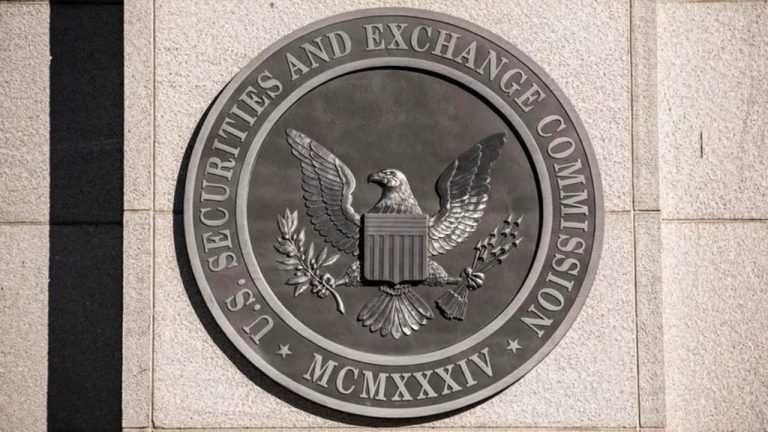
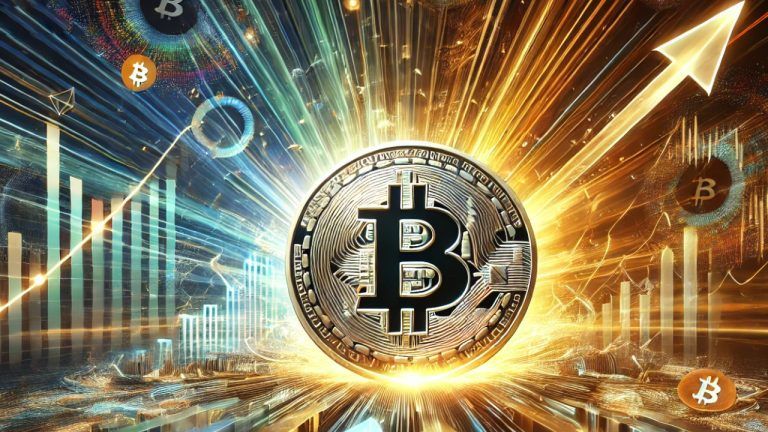
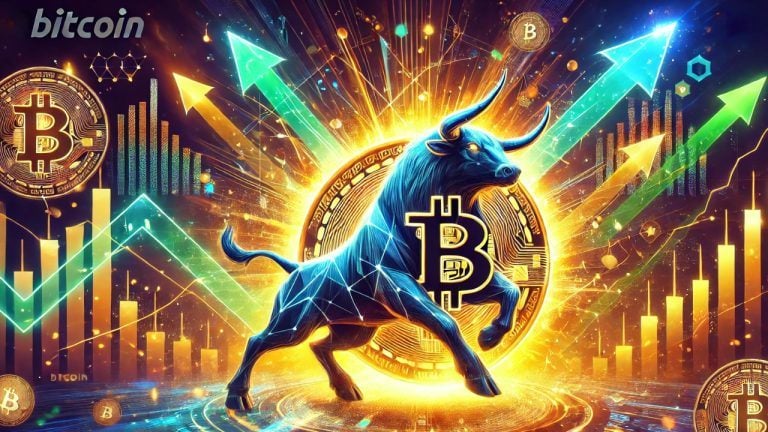



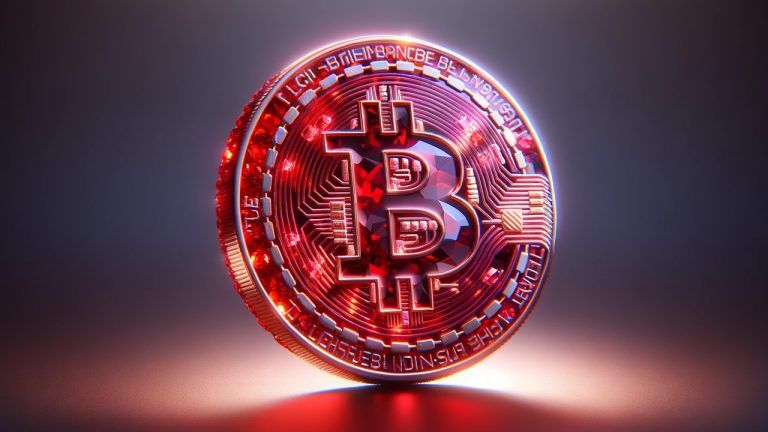
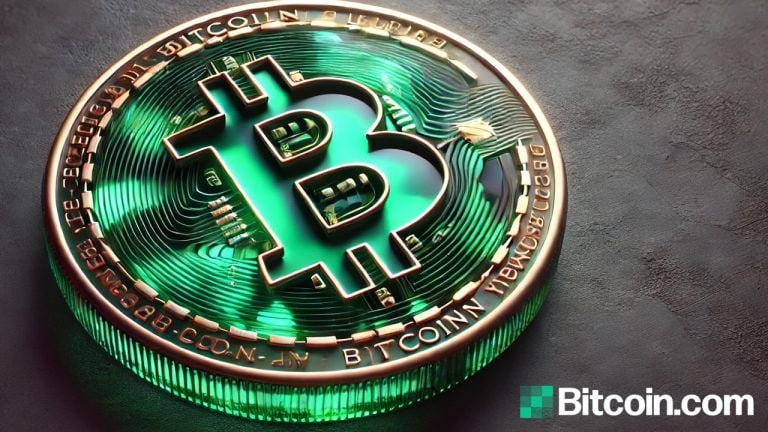
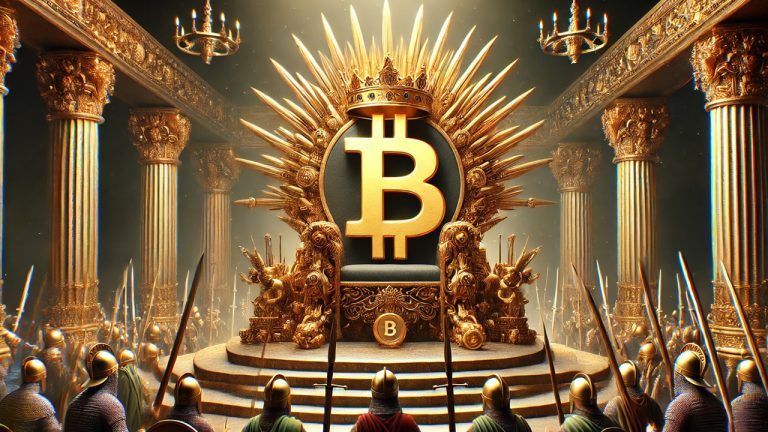
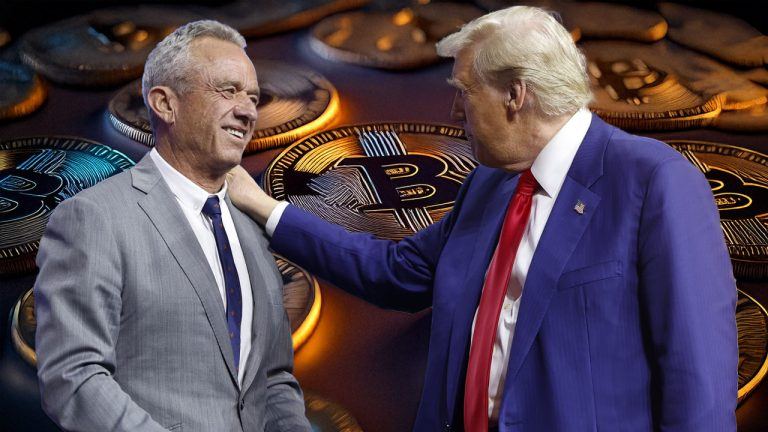


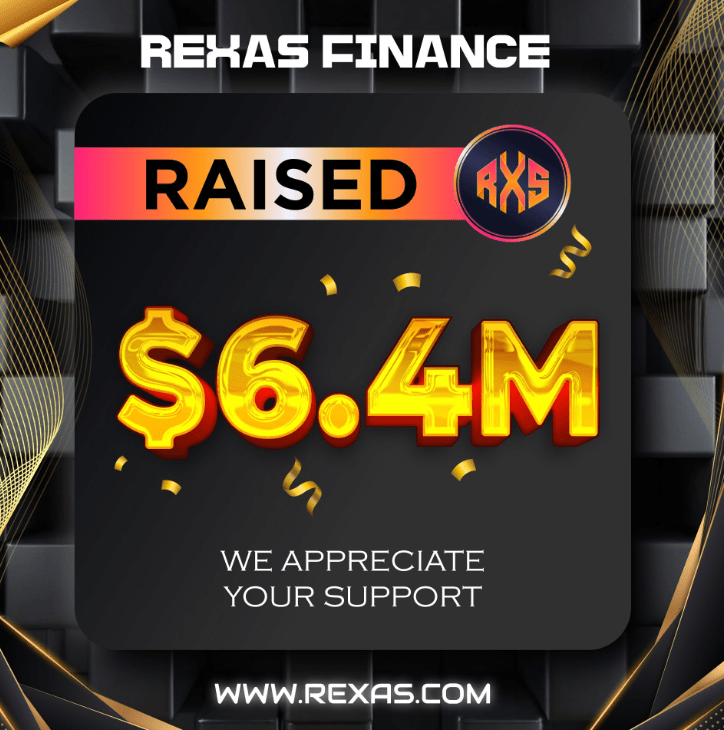

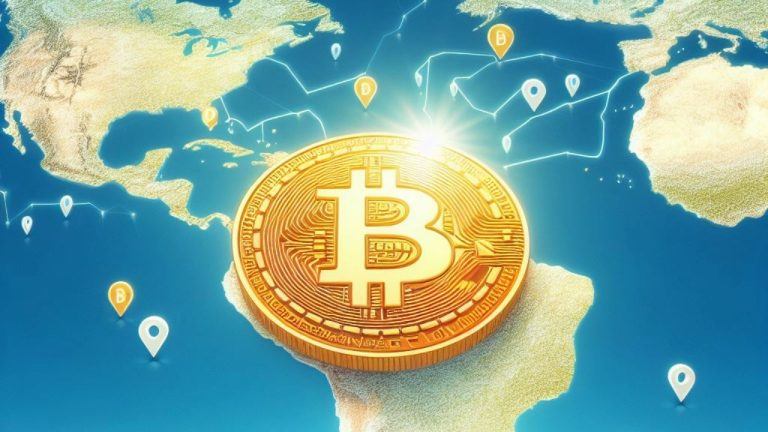

Comments